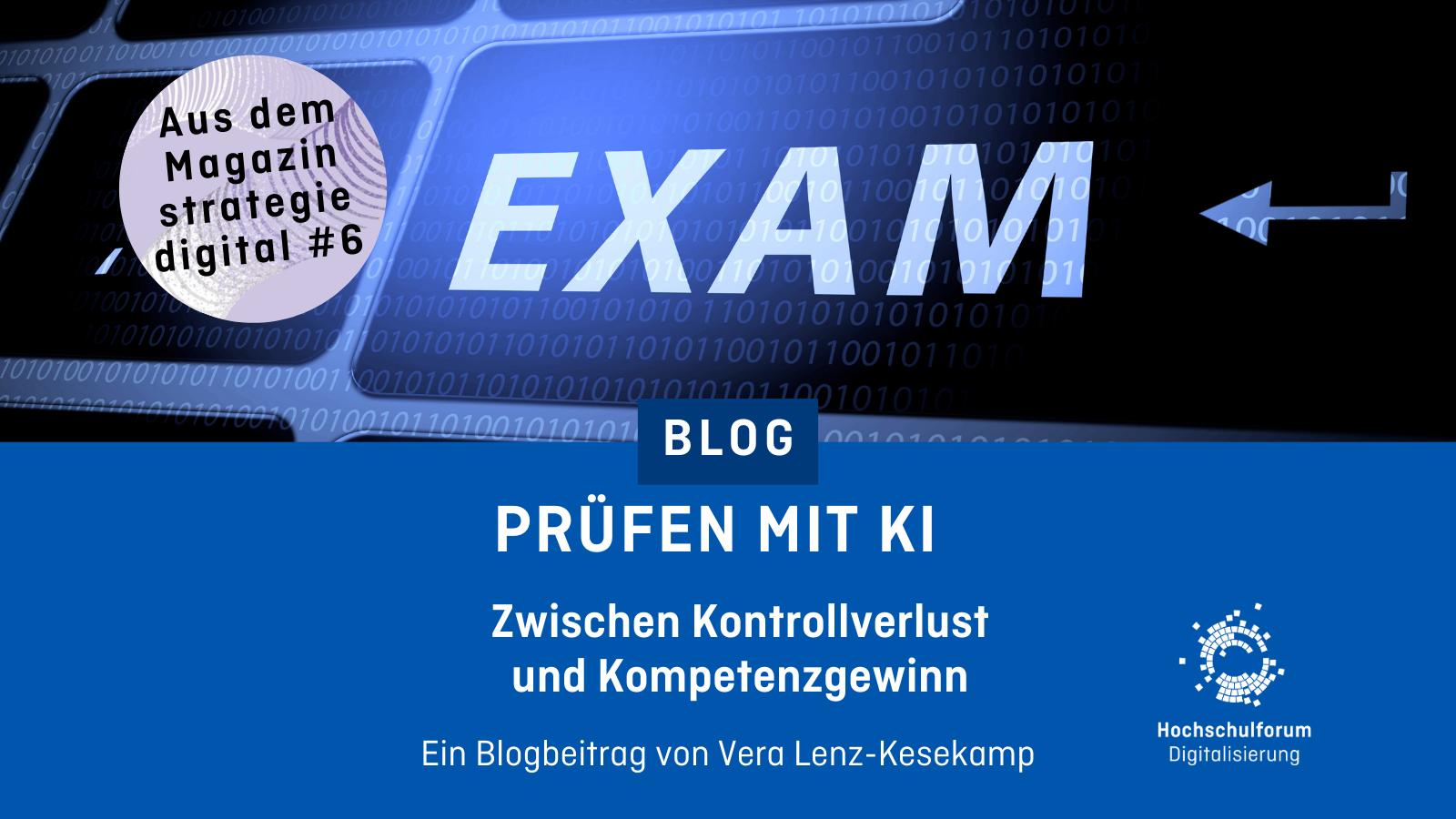International, joint curriculum development: What is the impact of European university alliances?
International, joint curriculum development: What is the impact of European university alliances?
04.12.24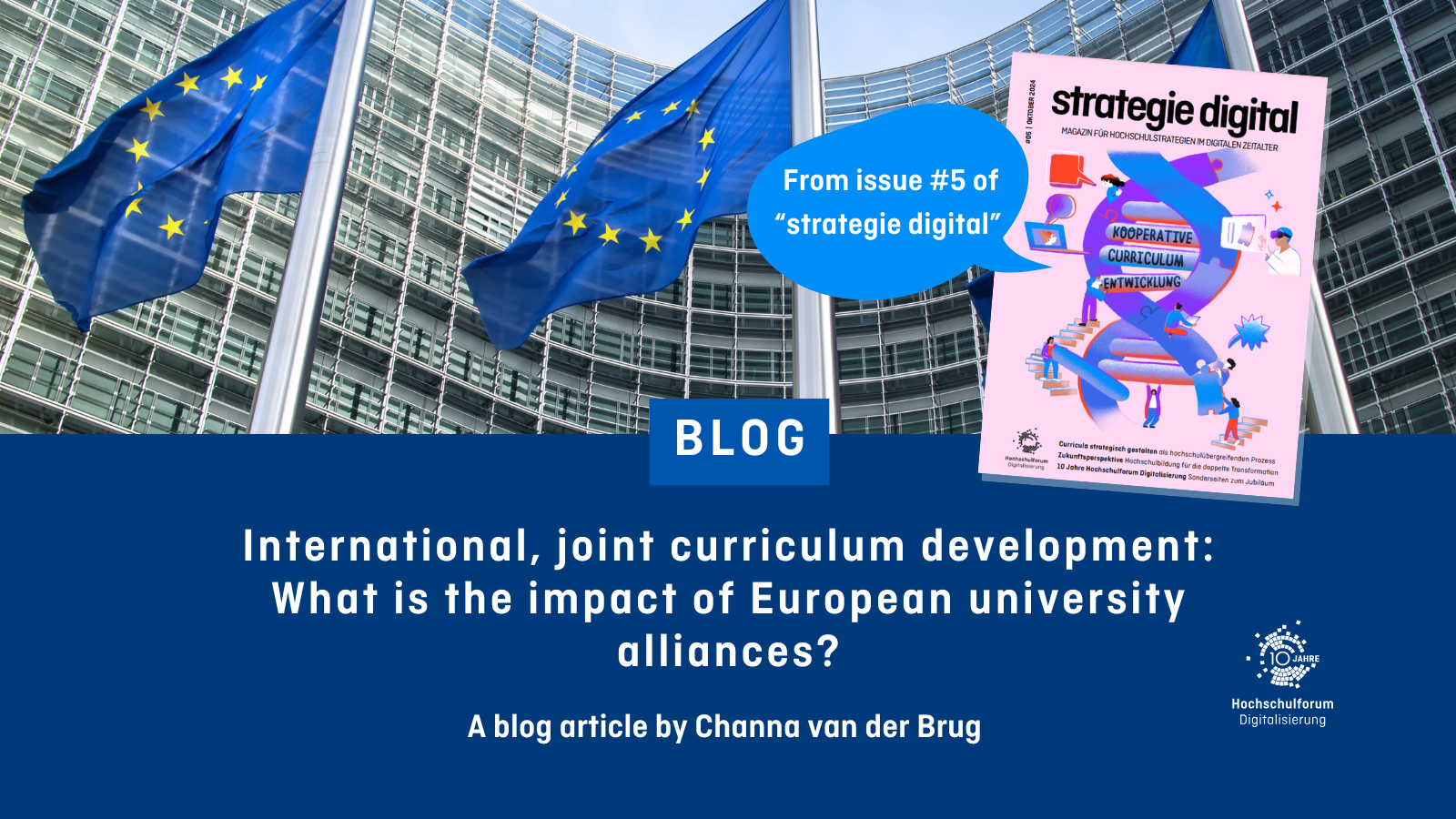
In this article, Channa van der Brug, International Program Manager at Hochschulforum Digitalisierung, sheds light on how European university alliances jointly develop curricula and study programmes. She presents three of these alliances in more detail: CHARM-EU, EDUC and ECIU University. In discussions with representatives of the alliances, she learns about the different approaches they take to collaborative curriculum development. You can find additional articles on the topic of “collaborative curriculum development” in the fifth issue of the HFD magazine “strategie digital”!
University alliances: European inter-university campuses
The digital transformation is a driver for modernizing teaching and learning processes in higher education and innovating teaching methods and curricula. European university alliances are a good example of how this can be achieved. 51 German universities are part of the European University Initiative, an EU initiative to form alliances in Europe. In this context, the European Commission calls for these alliances to offer “joint, flexible and innovative study programs based on interdisciplinary and cross-sectoral approaches and integrating student-centered learning and innovative teaching methods” (European Education Area, n.d.). The aim of the initiative is to improve the competitiveness of universities in Europe and to promote European values and identity. The Commission sees greater potential here than in previous cooperation projects. Before I spoke to the representatives of the alliances, I asked Thomas Hoffmeister, former Vice-Rector for Teaching and Studies at the University of Bremen and HFD core team member with German insider knowledge, for his opinion on the initiative. His summary:
“The importance of strengthening a European identity, as French President Emmanuel Macron called for in his famous speech at the Sorbonne in 2017, is completely unquestionable given the global political situation and the role of Europe (Ministère de l’Europe et des Affaires étrangères 2017). The European university alliances, which have also been established since 2017 in order to strengthen the idea of European identity through transnational European study programs and immersive cultural international experiences for students, also have many innovative elements. Challenge-based learning, student participation and a focus on students, and a significant proportion of future skills are just a few examples. They represent an important step from the often content-driven traditional degree programmes to more personalized study curricula, which represent important adjustments in view of increasingly interdisciplinary professional fields and a significantly faster turnover of professional fields.”
These are also the clear goals of the Young Universities for the Future of Europe (YUFE) alliance, in which the University of Bremen, of which Hoffmeister is a member, is involved.
Formats of cooperation
How can collaborative curriculum development be defined? In her article “Conceptualizations of curriculum co-creation: ‘it’s not them and us, it’s just us'”, Tanya Lubicz-Nawrocka clearly summarizes the essential values and principles of collaborative curriculum development: “Collaborative curriculum development is a relational working process based on shared responsibility, mutual learning, mutual respect, care, trust and empathy. This value-based creative process helps teachers and students to make and negotiate decisions about aspects of the curriculum together, often leading to mutual benefits for both learners and teachers” (Lubicz-Nawrocka 2023). She emphasizes the importance of relationships and shared values in the process of curriculum development, which are necessary to foster partnerships. In the following, I present three alliances that take very different approaches:
- ECIU University: The “European Consortium of Innovative Universities” consists of 14 partner universities. Several universities and external partners work together in the ECIU degree programmes to offer jointly recognized degrees (joint micro-credentials).
- CHARM-EU: The “Challenge-Driven, Accessible, Researchbased and Mobile Model for the co-creation of a European University” consists of nine partner universities. The CHARM-EU Joint Master comprises specific modules that are jointly developed and offered by several institutions (Joint Masters).
- EDUC: The “European Digital UniverCity” consists of eight partner universities. EDUC offers courses that are integrated into the curricula of several institutions (collaborative virtual exchange formats).
ECIU University
Andrea Brose, Educational Lead at ECIU University, describes their goal as follows: “Our vision is to offer flexible learning paths that are characterized by real societal challenges and interdisciplinary collaboration. We need to push the boundaries of traditional education and ensure that we offer our students the opportunity to actively engage with real-world problems.”
Challenge-Based Learning (CBL) is fundamental to the ECIU. CBL is a pedagogical approach that actively involves learners in real, relevant situations related to their environment. “The learning experience is usually multidisciplinary, involves different perspectives of those involved and aims to find a jointly developed solution that is environmentally, socially and economically sustainable” (Kohn Rådberg et al. 2020, p. 22). Brose clarifies that it is not the aim of the ECIU to develop traditional joint curricula. Instead, the ECIU focuses on creating an open and inclusive ecosystem. This ecosystem should offer flexible learning paths for people who want to contribute to society by solving challenges.
In terms of CBL, Brose says, “usually one faculty member takes the lead and colleagues work closely with adjacent departments and external partners, which is of course very exciting”. The aim is “for our teaching staff to become natural co-designers due to the nature of the global challenges we are all working on”. At the moment, “each partner university brings its own expertise and experience to the process”. The entire curriculum development process is overseen by a presidium, a board and a central office.
The ECIU framework for CBL was developed under the leadership of the TU Hamburg (TUHH), one of the 13 partner universities. TUHH also supports the skills development of academic staff through specific packages of measures. The ECIU has set up Innovation of Education Labs at each partner university. These labs are physical and virtual spaces where teachers can innovate and implement their teaching ideas, meet like-minded people and exchange good practices. Teachers from the various partner universities also meet for face-to-face workshops. The alliance is known for providing AI-supported competence recommendations to its students. It is also the first alliance to offer centralized, electronically signed micro-credentials.
CHARM-EU
Marjanneke Vijge, Academic Director for CHARM-EU at Utrecht University, is proud that CHARM-EU will be the first international provider of a joint Master’s program from 2021. Unlike most alliances, which offer different courses at different universities, CHARM-EU offers a joint, accredited degree. “To ensure a coherent integration of theory, subject areas and dissertation projects, the entire curriculum will be developed entirely jointly,” says Vijge.
Each CHARM-EU partner institution provides a member of the board of the Master’s program. This board is responsible for the operation and implementation of the program and oversees the collaboration of the subject experts and lecturers in the different modules. The Academic Council of the Alliance ensures that the quality standards and procedures for the Master’s program and other educational and research programs under development are adhered to.
The courses are offered in flexible, mixed and hybrid formats. “We developed the hybrid Master’s program ‘Global Challenges for Sustainability’ with five partner universities from the very beginning. The fact that we had a shared vision and a strong motivation to offer meaningful educational experiences that engage staff and students from different backgrounds and disciplines was crucial for us.” Vijge explains:
“We wanted to introduce many new elements when we started from scratch with an intrinsically motivated team. This meant that we had to bring ideas and expertise together, as some partners had experience with CBL and the programmatic evaluation approach, while others were more used to conventional teaching, learning and evaluation methods”.
CBL is integrated into the entire Master’s program, but especially in the final capstone phase. In this phase, interdisciplinary teams of students from different universities work together with social actors from all over the world. They analyze and work on sustainability challenges brought forward by these stakeholders. “CBL is a very effective method for student-centered learning, especially for transnational and complex problems (wicked problems),” says Vijge.
To promote collaboration between colleagues, Vijge recommends personal, practical and individual support from dedicated and well-trained educators, the provision of good practices, technical tools or entire onboarding packages for staff. CHARM-EU provides a comprehensive toolkit containing tips and tricks for teachers. They organize face-to-face workshops and hackathons to ensure that everyone involved feels connected and can confidently apply new teaching methods
EDUC
The European Digital UniverCity is made up of eight partner universities and has also introduced challenge-based learning. Apart from CBL, the EDUC also uses other methods to collaborate across universities and sectors. These include Collaborative International Online Learning (COIL), project-based learning, barcamps and bootcamps.
Giovanni Fonseca, Pedagogical Engineer at EDUC at the University of Potsdam, points out that at EDUC each of the partner institutions contributes to course development. However, the degree of joint curriculum development varies. “Sometimes the teachers already know each other and there is material that they can share and build on. We have found that it is much easier to organize task sharing or content collaboration when there is already a relationship.” Teachers see EDUC as a platform to work together. “We are trying to internationalize the curricula and create a solid basis for further cooperation between teachers.” Trust and a common understanding are crucial to the success of cooperation projects, says Fonseca.
The EDUC Teaching Academy addresses the inequalities in local training and support provision and offers tailored courses and learning opportunities for teachers and staff. As Pedagogical Engineer, Fonseca is in close contact with the teachers. He emphasizes that the EDUC Teacher’s Journey program is not just a virtual space for a community of practice. It also offers a matchmaking service for teachers who are looking for partners to develop joint projects in EDUC. A team of pedagogical engineers and project managers follow up on these ideas and consult internally to find potential local partners outside the education sector. “I hope that many of our employees will develop the ability to step out of their comfort zone and explore international collaboration based on their own interests,” says Fonseca. EDUC has a beacon function for the individual partners. It shows possible ways of cooperation and digital transformation. As the alliance develops, the partners are increasingly creating local mechanisms to institutionalize the activities initiated by EDUC.
Timilehin Ogunnusi, an EDUC student, reports that it played a role in his choice of study that the course he is on was developed collaboratively: “It had a positive influence on my decision to join!” He believes that input from different sources provides a broader perspective than a course or degree program developed and coordinated by a single institution or teacher. This suggests that it can be worthwhile to develop curricula collaboratively because it attracts students seeking different perspectives. At EDUC, the collaborative nature of the Green City course was evident in the teaching approach and the role of the instructors, says Ogunnusi. Unlike courses where instructors cover multiple topics, the course benefited from the expertise of multiple instructors, each covering their area of specialization, but working together to coordinate the curriculum.
The future of joint curriculum development in European alliances
Alliances are complex meta-organizations. It is not always easy to work closely together at different levels to develop curricula together. What steps need to be taken to strengthen cooperation in alliances and implement future-oriented educational offerings?
For those who want to follow a similar path and promote collaboration in the sense of ‘collaborative curriculum development as a relational working process’ at their universities, both Vijge and Brose emphasize the importance of believing in a vision and awakening the commitment of all stakeholders to create flexible, inclusive and future-oriented educational opportunities. It requires offers where teachers can invest time in collaboration and share responsibility. Fonseca adds: “The process is demanding; universities are notoriously complex institutions and it can take a lot of effort to convince those involved. Commitment is therefore essential“. He recommends prioritizing openness, tolerance and negotiation skills and taking time to build relationships. And he stresses the need to keep the big picture in mind: formalizing good practice to ensure that collaboration is a natural option in the future. “In this scenario, my role may no longer be needed in ten years’ time. But now I feel part of a big movement that is driving change in education,” he says.
Back to Thomas Hoffmeister. In addition to the major goals and positive aspects, he also sees many challenges in the development of common European curricula. He emphasizes that students should ideally be able to freely use the resources of a European university network, such as modules, libraries, campuses and canteens.
“But how to deal with the fact that there are very different tuition fee models in individual countries and that student exchanges will not necessarily be balanced between the partner universities? How do we deal with different learning management systems, examination systems and student administration systems and with the fact that we have ECTS but no digital credit systems? How do we enable immersive cultural experiences for our students and at the same time virtual student mobility in perhaps 10 different study locations after the wave backwards that digital teaching-learning scenarios have experienced post-Corona? Although the European Standards and Guidelines (ESG) provide a set of rules for accreditation, the country-specific legal standards differ significantly. Only through European program accreditation is it possible to accredit joint study programs.”
Hoffmeister makes it clear that the first transnational curricula can only be a start. They are a start on the way to student-centered curricula. In these curricula, students are to work in teams to address social challenges using scientific research approaches. In addition, they should “gain a culturally immersive experience of European identity and acquire the necessary soft and hard skills to master a largely unknown professional future.”
I think this is food for thought for the future! It is also important to emphasize here that cooperation will not only be crucial within the alliances and with external partners, but also between the alliances. The previous phase of competition for European Commission funding, which was about defining the individual strengths of alliances, should give way to a new era of cooperation in order to meet the complex challenges of the future more effectively. Finally, the above definition of collaborative curriculum development is broad and allows for different perspectives, reflecting the fact that alliances can set different priorities depending on their vision. Their ability to be open and find different ways to jointly develop teaching content, programs and learning materials is a hopeful sign.
Interview partner:

Prof. Dr. Thomas Hoffmeister was Professor of Population Ecology at the University of Bremen from 2004 until his retirement in September 2024. He was Vice-Rector for Teaching and Studies at the University of Bremen for 8 years and was involved in the development of student mobility within the European University Network YUFE.
Author:
Channa van der Brug is International Program Manager at the Stifterverband at Hochschulforum Digitalisierung. She also supports the Stifterverband for the European Commission’s Digital Education Hub. She is actively involved in the international exchange of knowledge on the digital transformation of higher education and other topics related to the international goals and ambitions of the Hochschulforum Digitalisierung community.
European Education Area (n.d.): About the initiative.
https://education.ec.europa.eu/education-levels/higher-education/european-universitiesinitiative
Kohn Rådberg, K., Lundqvist, U., Malmqvist, J., & Hagvall Svensson, O. (2018): From CDIO to challenge-based learning experiences – expanding student learning as well as societal impact? European Journal of Engineering Education, 45(1), 22-37. https://doi.org/10.1080/03043797.2018.1441265
Lubicz-Nawrocka, T. (2023): Conceptualizations of curriculum cocreation: ‘it’s not them and us, it’s just us’. Curric Perspect 43, 25-37. https://doi.org/10.1007/s41297-022-00180-w
Ministère de l’Europe et des Affaires étrangères (2017): President Macron: Initiative for Europe. https://www.diplomatie.gouv.fr/de/aussenpolitik-frankreichs/frankreich-und-europa/staatsprasident-macron-initiative-fur-europa/

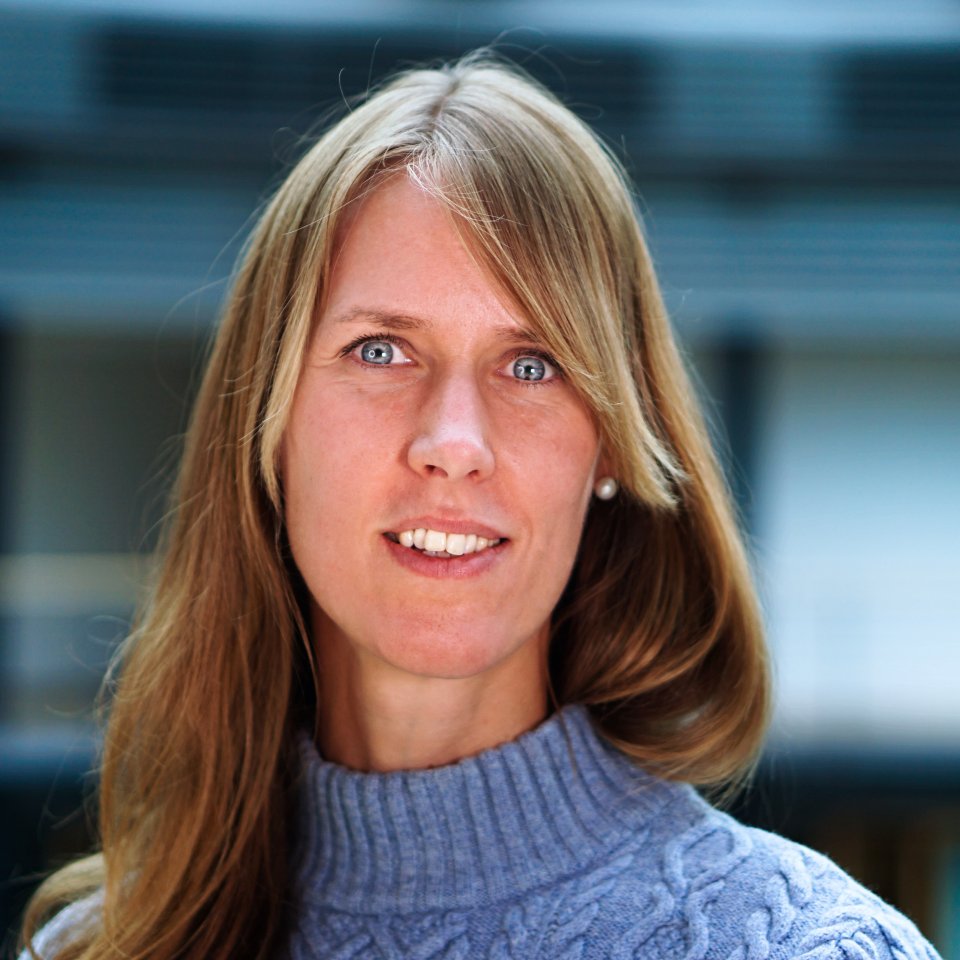
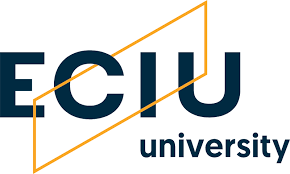
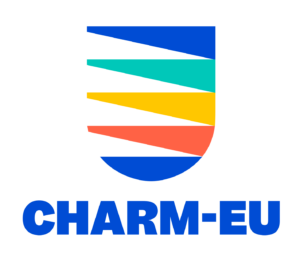

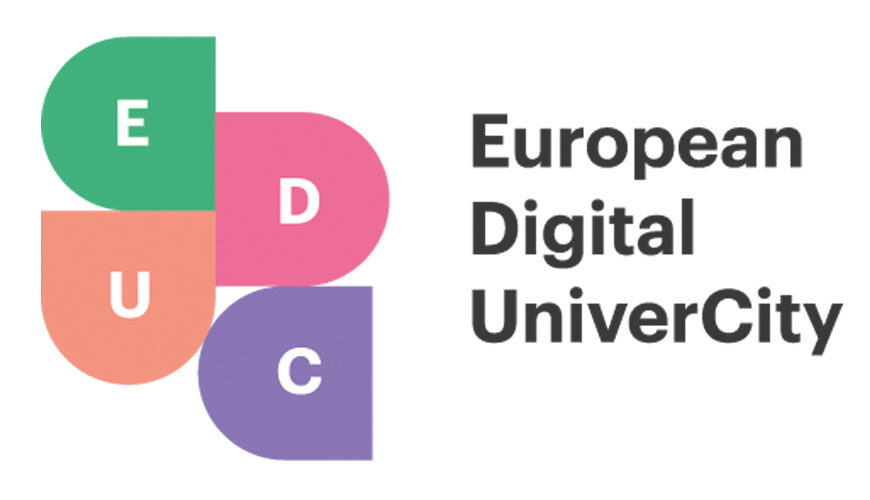


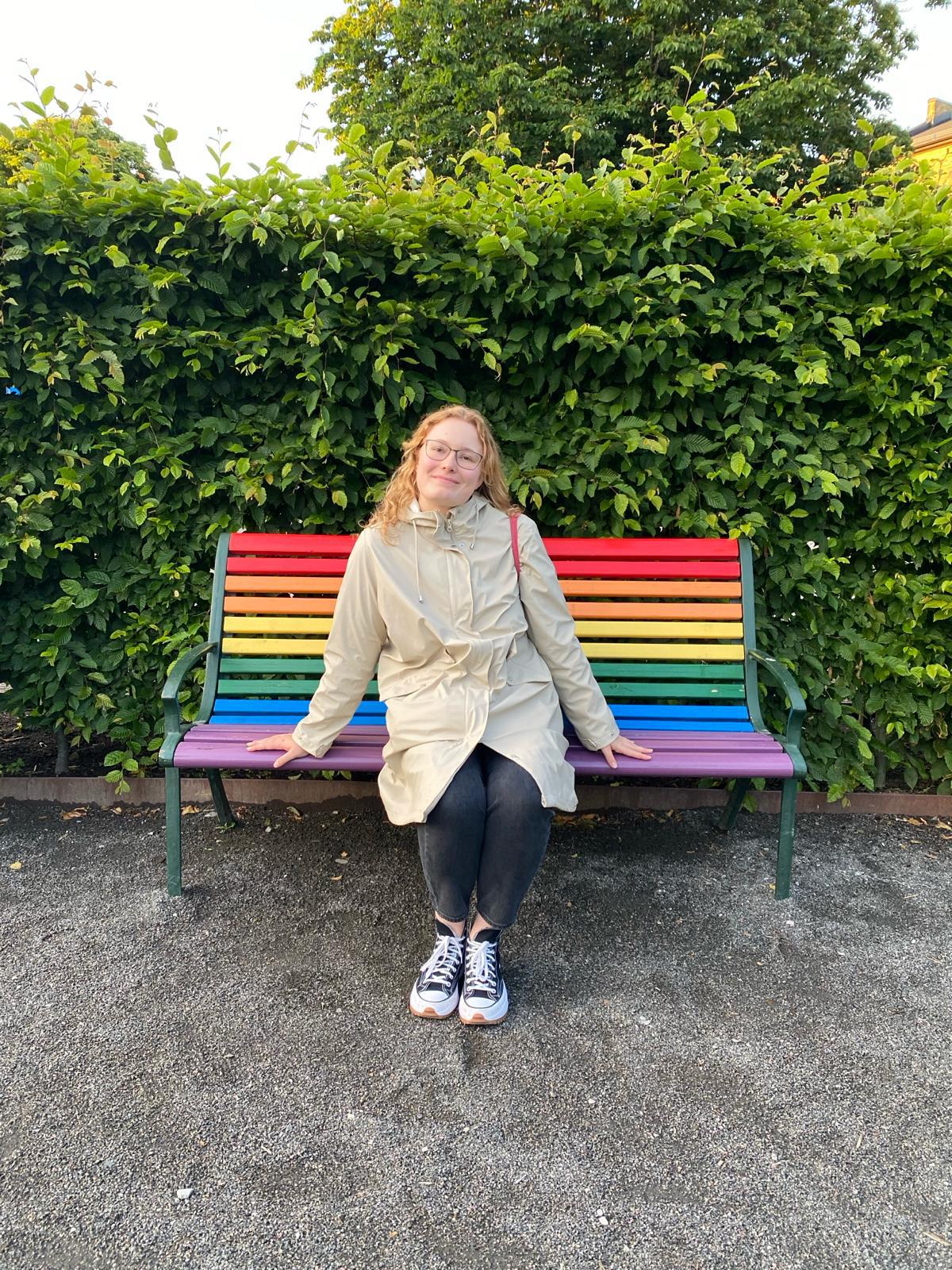 Inga Gostmann
Inga Gostmann 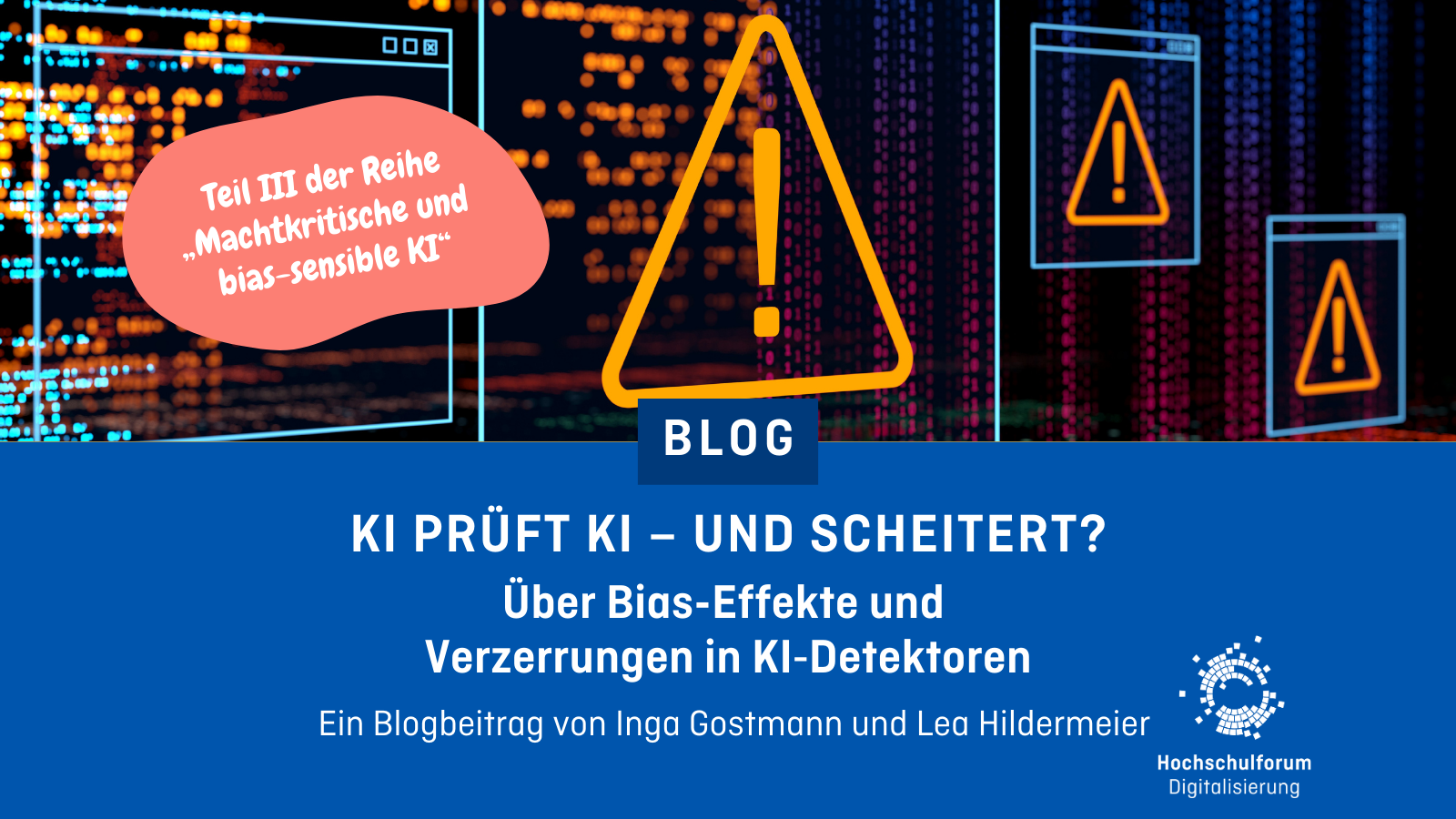
 Dr. Björn Fisseler
Dr. Björn Fisseler 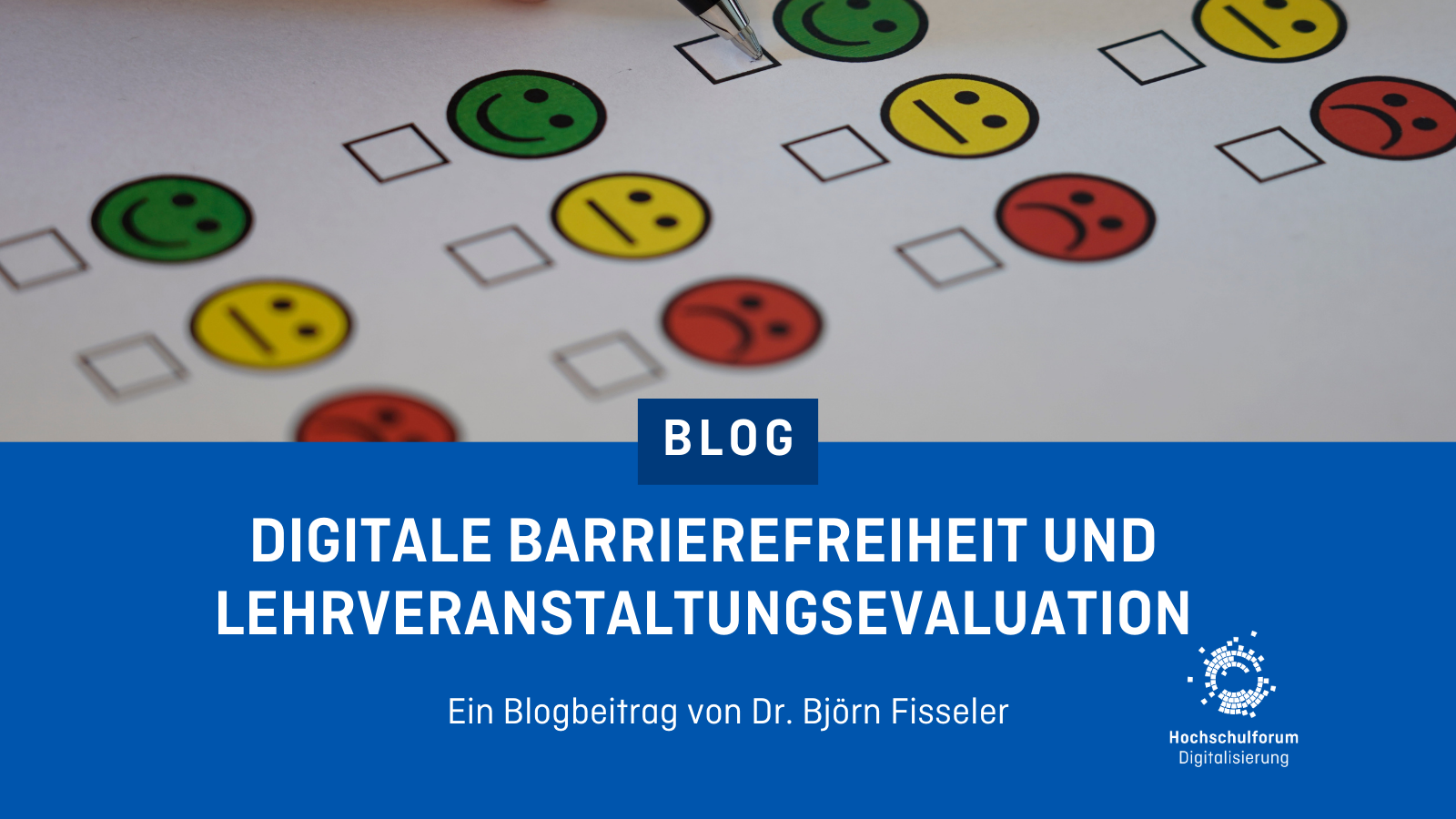
 Vera Lenz-Kesekamp
Vera Lenz-Kesekamp 